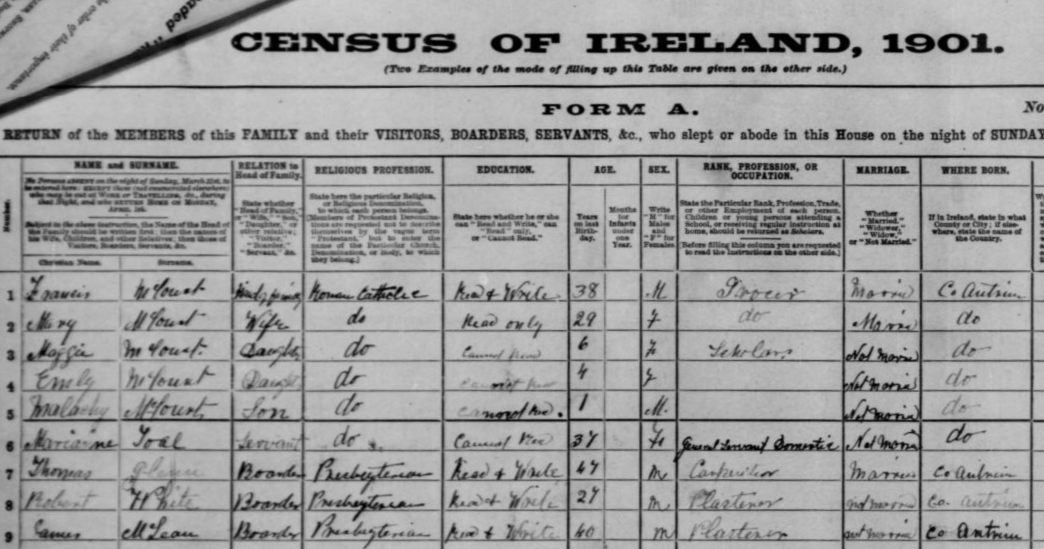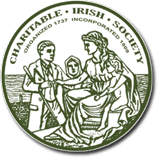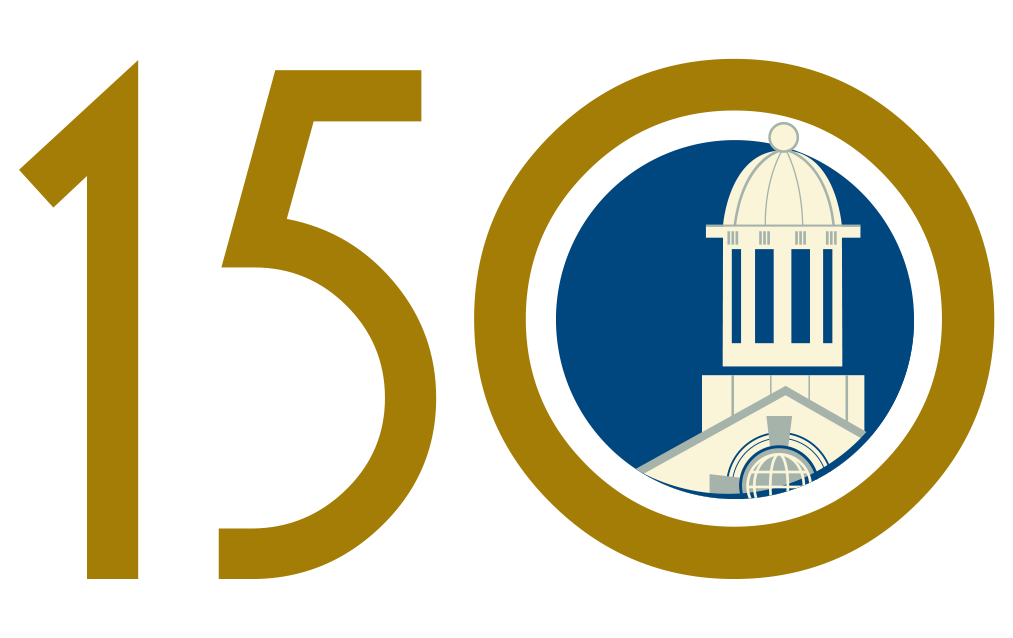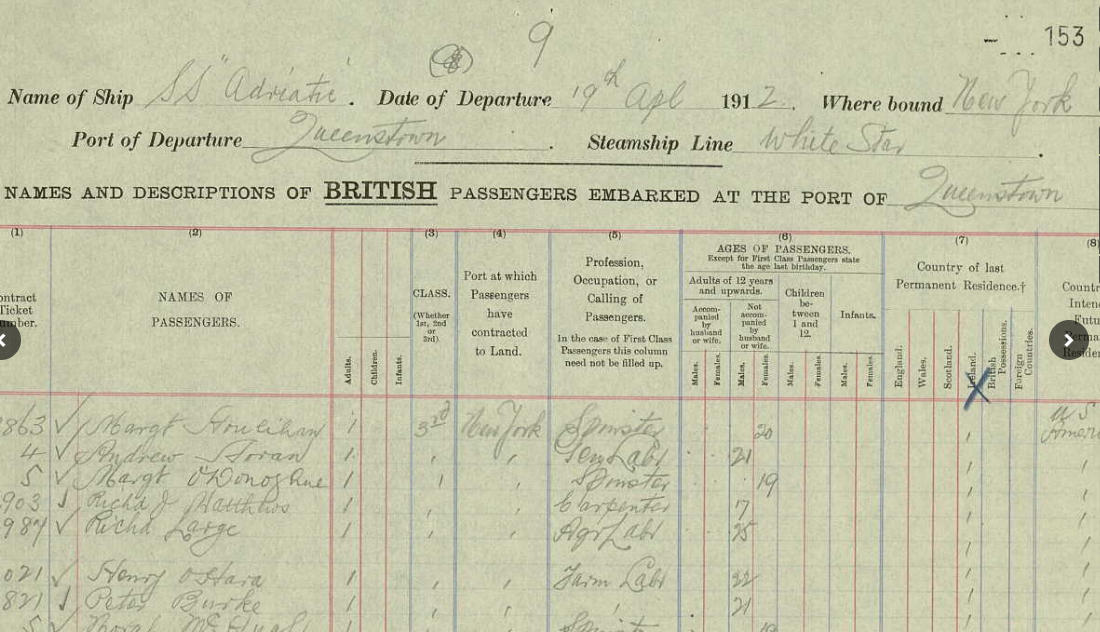
If you want to work on your Irish genealogy, you have to understand how the Irish people made their way around the world. Saint Patrick's Day has become a global holiday due mostly to the centuries long disapora of the Irish people. Irish emigration is an essential element in many family history stories from The Emerald Isle. Although significant waves of Irish emigration are documented as far back as the 5th century, the famines of 19th century caused the most famous and significant Irish mass migrations to occur. More than 8 million Irish people left the country during the period of 1820 - 1920. The majority of those emigrants settled in the United States, England, Canada and Australia respectively. By the 1850s, Irish people made up more than half the population of major cities like Liverpool and Boston. According to 2010 United States Census, more than 36 million Americans claim Irish as their primary ancestry. Fervent loyalty to the heritage of Ireland and to cause of Irish independence has never died at home or abroad. In fact, the 1998 Good Friday Talks/ Belfast Accords resulted in an addition to the Republic of Ireland's constitiution that says, " The Irish nation cherishes its special affinity with people of Irish ancestry living abroad who share its cultural identity and heritage." If that warmhearted codification doesn't move you to research your Irish roots, maybe these rich library genealogical resources will.
Select genealogy databases available through Memorial Hall Library
- American Ancestors -- Boston Archdiocese Records (available on-site at Memorial Hall Library)
- Ancestry.com Library Edition (available on-site at Memorial Hall Library)
- FamilySearch.org (Many collections available free online. MHL is a FamilySearch Affiliate Library which means more records are available onsite)
- Newspapers.com (available at home with an Andover Library card)
Top Approaches to Get Started With Irish Genealogy
Church Records

Many Irish ancestors identified as Catholic or Protestant and left a trail of evidence that they belonged to a Christian religious congregation following Christian sacramental practices. Baptism, Communion, Marriage and Last Rites certificates and log books are increasingly available online. Additionally Irish churches often kept cemetery records, records of sick calls, divorces, adoptions and church admissions. Often these church records include birthdate, parents names and
parents place of birth and occupation.
FamilySearch Research Guide: Irish Church Records
American Ancestors Research Guide: Archdiocese of Boston Roman Catholic Parish Records Project
Immigration & Emigration Records
Finding Irish arrival records in North America tends to be easier than finding departure records in the "old country." With persistance both can be possible. When researching on the Irish side, you must make sure to get as close as possible to the real Irish name your ancestor was given at birth. Frequently, these names were Americanized upon arrival in the States. Searching the major genealogy databases under Immigration and Naturalization turns up many ship manifests and immigration papers for Irish ancestors.
American Ancestors Research Guide: Irish Genealogy
FamilySearch Research Guide: Ireland Immigration and Emigration
US National Archives Research Guide: Immigration Records at the National Archives
Census Records

Check birthplaces and household member names on Census records in the US and in Ireland. On US Census records take note of how many people on the same census page list the same place of birth. Often families and friends would migrate together. Sometimes one immigranat would arrive alone and establish him or herself with work and a home before friends and family members would arrive to join them in the United States. Resourceful genealogists know that documenting ethnic enclaves on census records can reveal maiden names,
specific hometowns and clues to extended family lines.
US National Archives Research Guide: Census Records
FamilySearch Research Guide: Ireland Census
Geography
A basic understanding of the national, regional, county, town, village and parish divisions in Ireland over history is an important tool for researching Irish ancestors. If you know your Irish ancestor's place of origin, you can unlock other valuable evidence about their lives. Civil Registration Districts, counties and parishes are important locations for Irish genealogy researches to understand. Gazeteers are dictionaries of places names that can help you decipher Irish locations that may no longer exist.
FamilySearch Research Guide: Ireland Maps
FamilySearch Research Guide: Ireland Gazeteers
Newspapers
Historic newspapers are a great source of information about Irish ancestrors. Newspaper birth, marriage and death announcements, while not considered vital records, are valuable evidence of our ancestors' lives. Many 19th and early 20th century papers carried entire columns about visiting and socializing including birthdays and wedding annivesaries. Irish immigrants often placed adveritsements in Irish community newspapers like The Boston Pilot in order to locate missing friends and relatives. It's important to know that the United States newspaper industry developed much more rapidly and pervasively than did the Irish press, however there are Irish newspaper archives online available for family history researchers.
FamilySearch Research Guide: Ireland Newspapers
Boston College Research Guide: Historical Irish Newspapers
Boston College Research Guide: Historical Irish Newspapers
Immigrant Aid Organizations

Many Irish immigrant aid society records are not digitized and indexed but are held in archives, museums and or reprinted in books. Irish ancestry researchers find their records incredibly valuable in understanding where their ancestors came from and how they managed to emigrate and survive. The very first immigrant aid association in North America was the Charitable Irish Association of Boston founded in 1737. In the 1830s, the Ancient Order of Hibernians, an Irish Fraternal organization became prominent with official Divisions in cities and large towns with sizable Irish populations. Both organizations were initially secret, male fraternities with missions similar to this from an AOH charter of "making happy many friendless sons and daughters of Ireland upon our shores," political advocacy and business networking. Special banks for Immigrants came into existance in the 19th century with services including facilitating immigration and resettlement by exchanging money, purchasing tickets and connecting families financially from overseas.
Irish Immigrants of the Immigrant Industrial Savings Bank
New York, Immigrant Savings Bank Records (through Ancestry.com)
Ireland Famine Relief Comission Papers
Charitable Irish Society Records at Boston College


